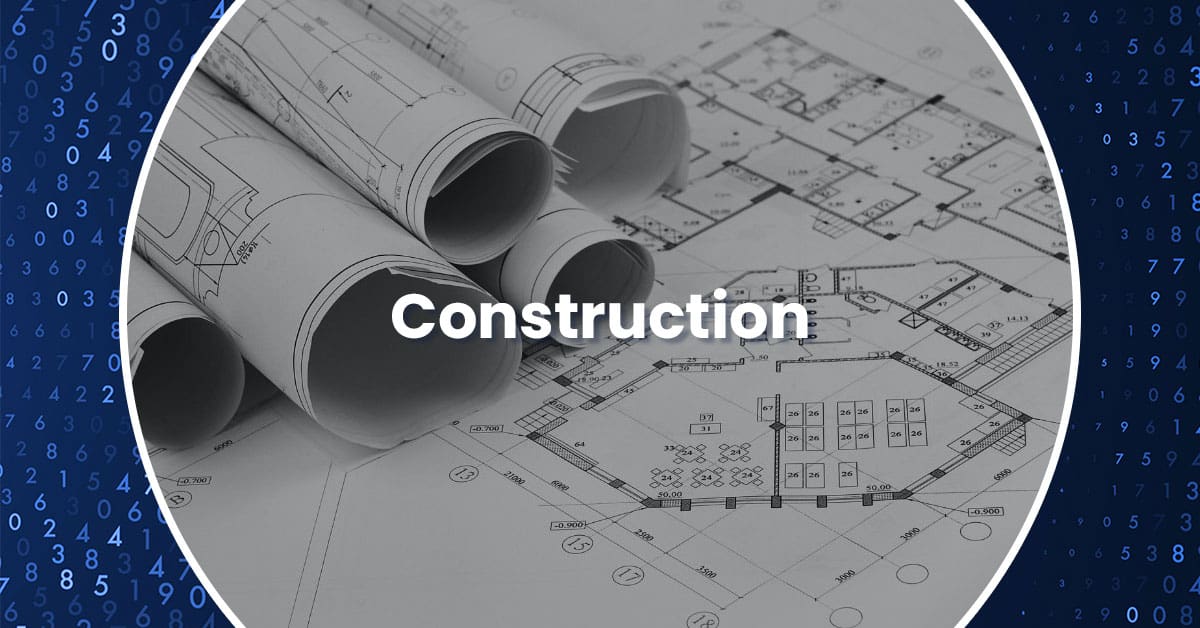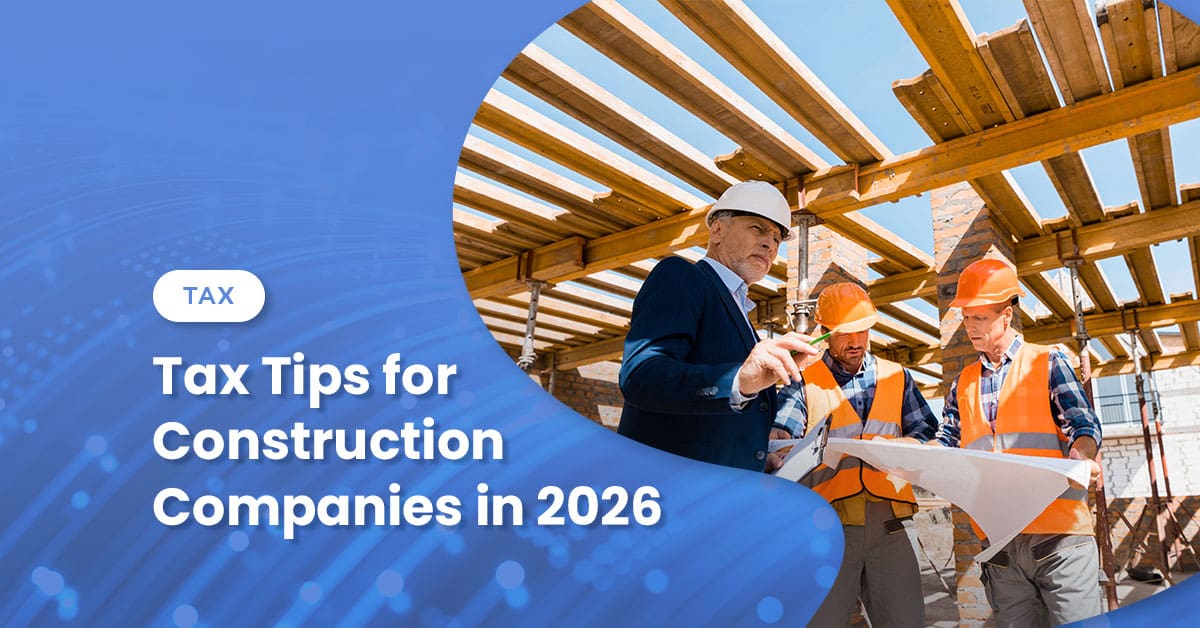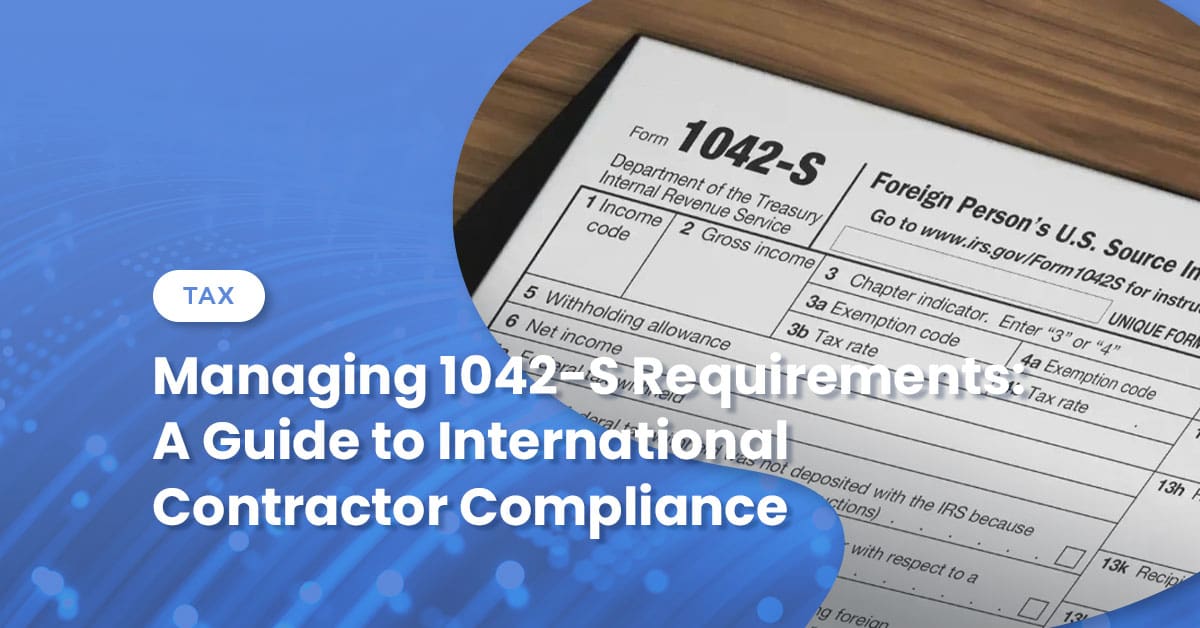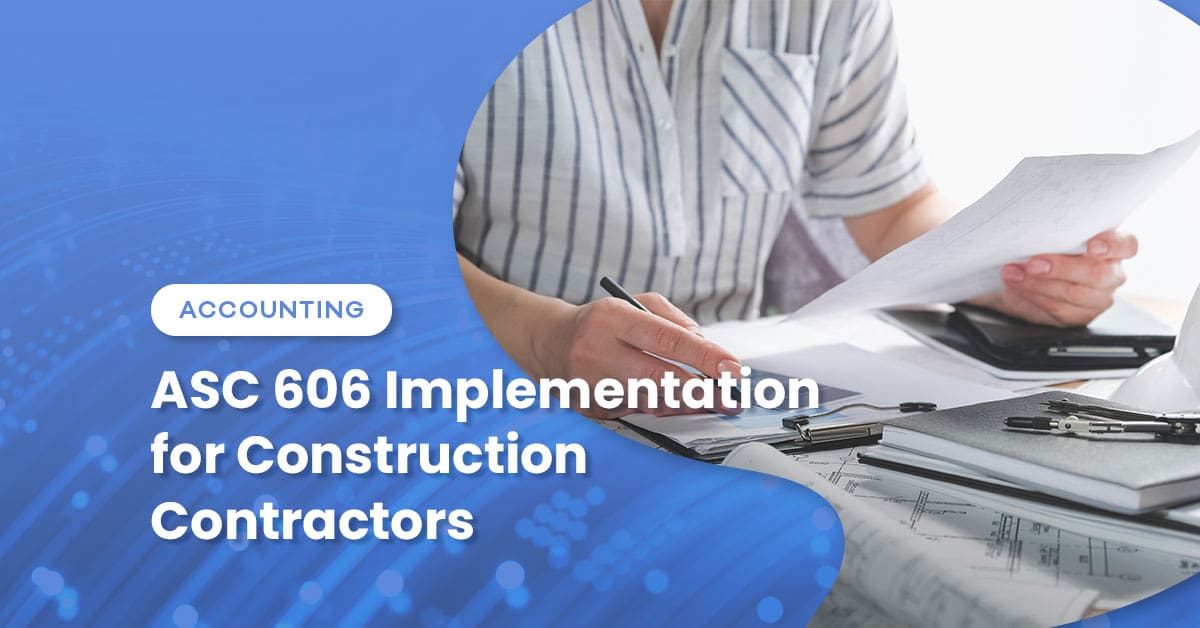Selling your construction business is a major milestone, one that requires careful planning, a clear understanding of value, and a strategic approach to succession. Whether you’re considering retirement, transitioning to the next generation, or preparing for a third-party sale, knowing what drives value and how to prepare can make a significant difference in your outcome.
This article outlines the essential steps and considerations for owners of closely held construction companies, drawing on industry best practices and valuation insights.
Understand Why and When You Need a Valuation
Valuations are needed for many reasons, including:
- Ownership transitions (family succession, management buyouts)
- Third-party sales (mergers, acquisitions)
- Estate and tax planning
- Buy-sell agreements
- ESOPs (Employee Stock Ownership Plans)
- Divorce or shareholder disputes
Tip: The purpose of your valuation will influence the standard and premise of value used (e.g., fair market value, investment value, liquidation value).
Know What Drives Value in a Construction Company
Valuation is both an art and a science. Key value drivers include:
- Earning Power: Sustainable profitability and growth trends.
- Backlog and Pipeline: Quality and diversity of contracts in progress.
- Customer Base: Recurring clients, mix of public/private work.
- Management Depth: Succession plans and key personnel.
- Market Position: Reputation, specialties, and competitive advantages.
- Financial Health: Clean, audited financials; strong working capital.
- Equipment and Assets: Condition and marketability of owned assets.
- Risk Factors: Dependence on key customers, Valuation & Forensics, or regulatory issues.
Prepare Your Business for Sale or Succession
Get Your House in Order
- Clean up financial statements (preferably 3–5 years of reviewed/audited statements).
- Identify and remove non-operating or personal expenses.
- Address any outstanding legal, tax, or compliance issues.
- Document key processes, contracts, and relationships.
Develop a Succession Plan
- Identify and train successors (family, management, or external).
- Consider phased transitions or earn-outs to retain key talent.
- Review and update buy-sell agreements and shareholder documents.
Maximize Value Before Sale
- Strengthen backlog and client relationships.
- Diversify project types and geographies.
- Reduce reliance on the owner or a few key employees.
- Invest in technology, safety, and operational efficiency.
Work with the Right Advisors
Valuation Consultant
Choose a credentialed professional (ASA, NACVA, AICPA/ABV) with construction industry experience.
Legal Counsel
Review contracts, buy-sell agreements, and regulatory compliance.
Tax Advisor
Plan for the tax implications of a sale or transfer.
Transaction Advisor/Broker
If selling to a third party, consider an M&A advisor with construction sector expertise.
Understand Valuation Methodologies
Valuation professionals use several approaches:
Market Approach
Compares your business to similar public companies or recent M&A transactions. Adjusts for size, marketability, and control.
Income Approach
Projects future cash flows and discounts them to present value (Discounted Cash Flow or Capitalized Earnings methods).
Asset Approach
Values the business based on the fair market value of assets minus liabilities (often a floor for value).
Key Adjustments:
- Discounts for lack of marketability (often 20–40% for closely held stock).
- Premiums for control (if selling a controlling interest).
- Adjustments for non-recurring or extraordinary items.
Special Considerations for Construction Companies
- Contract Types: Mix of hard bid vs. negotiated, fixed price vs. cost-plus, and public vs. private work can impact value.
- Backlog Analysis: Buyers will scrutinize the quality, profitability, and risk of your backlog.
- Key Person Risk: Heavy reliance on the owner or a few individuals can reduce value.
- Buy-Sell Agreements: Should be regularly updated and reviewed by a valuation professional to ensure fairness and clarity.
Common Pitfalls to Avoid
- Waiting too long to plan for succession or sale.
- Overestimating value based on rules of thumb or hearsay.
- Failing to address contingent liabilities or legal issues.
- Not preparing for due diligence.
- Ignoring the impact of restrictive agreements or outdated buy-sell provisions.
Maximizing Value When Selling Your Construction Business
Succession and sale planning for a construction business is a complex process that requires early preparation, objective valuation, and a team of experienced advisors. By understanding what drives value, addressing key risks, and preparing your business for transition, you can maximize your outcome and ensure a smooth handoff, whether to family, management, or a third-party buyer.
For more information, reach out to our team today.





 Previous
Previous






